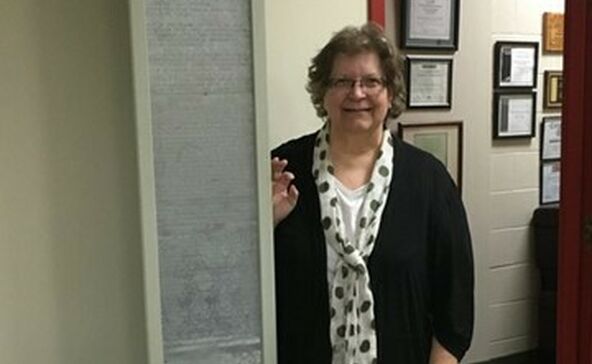Key Details
- Course Code
- CPE24TTBLV
Course Information
This series is offered as 4 individual sessions.
Session 1: Service Delivery Issues related to reading and writing instruction for students with visual impairments
Objectives:
1. Participants will be able to describe and define “The Science of Reading”
2. Participants will be able to describe research findings related to service delivery for literacy instruction for students with visual impairments.
3. Participants will recognize the difference between “teaching braille” and “teaching reading and writing through braille”.
4. Participants will identify strategies for meaningful inclusion of students with visual impairments in general education environments.
This workshop will begin with an examination of how students who are visually impaired are taught reading and writing through braille, print, or a combination of braille and print. Included in this discussion will be the value of attending to what is known about teaching reading and how this knowledge has grown over the past 20 years. We will also discuss options for effective service delivery models and how teachers of students with visual impairments can employ a variety of strategies to optimize instruction in reading and writing for their students.
Session 2: Instructional Strategies for teaching braille reading and writing and associated skills
1. Participants will be able to describe instructional strategies that address phonemic awareness, phonics, fluency, vocabulary, and comprehension (background knowledge).
2. Participants will be able to describe what is known about effective hand and finger movements in braille reading.
3. Participants will recognize and be able to address key concepts that rely on use of vision.
4. Participants will be able to describe instructional strategies for addressing common issues in braille reading (e.g., introduction of contractions, cell reversals)
The workshop will continue with more targeted information related to specific instructional strategies for teaching the variety of skills associated with reading and writing, especially related to braille. Information from the US and Australian reading reports will be examined in the context of early braille reading learners. In addition, information about associated skills will be examined including efficient finger and hand movements, specific concept development and remediation of braille reading and writing challenges.
Session 3: Special Populations
1. Participants will be able to describe the critical issues of reading and writing instruction for students with progressive vision loss.
2. Participants will be able to describe challenges and solutions related to dual media learners.
3. Participants will be able to identify strategies for reading and writing instruction for individuals with acquired vision loss.
One of the most difficult educational challenges relates to ensuring that students with low vision have high quality literacy instruction that includes appropriate assessment, targeted instruction and on-going data collection for longitudinal records. It is critical that we address these issues as early as possible. This segment of the workshop will provide an overview of research that relates to literacy instruction for students whose visual status and educational profiles challenge decision-making. In addition, instructional strategies for this population will be discussed.
Session 4: Expanding involvement in braille literacy
1. Participants will be able to describe the importance of family and community involvement in reading and writing instruction for students with visual impairments.
2. Participants will be able to choose appropriate strategies for expanding involvement in braille literacy.
3. Participants will identify resources available in their communities that support braille literacy involvement of a wide range of individuals and organizations.
The final segment of the workshop will examine the importance of expanding involvement in braille literacy to include parents, families, schoolmates and community partners. Participants will use the information presented in the first three workshop segments to develop plans for inclusion that will be appropriate for their students’ specific situation (e.g., urban/rural, grade level, community and school resources). Finally, there will be opportunities for discussion and questions/answers.

